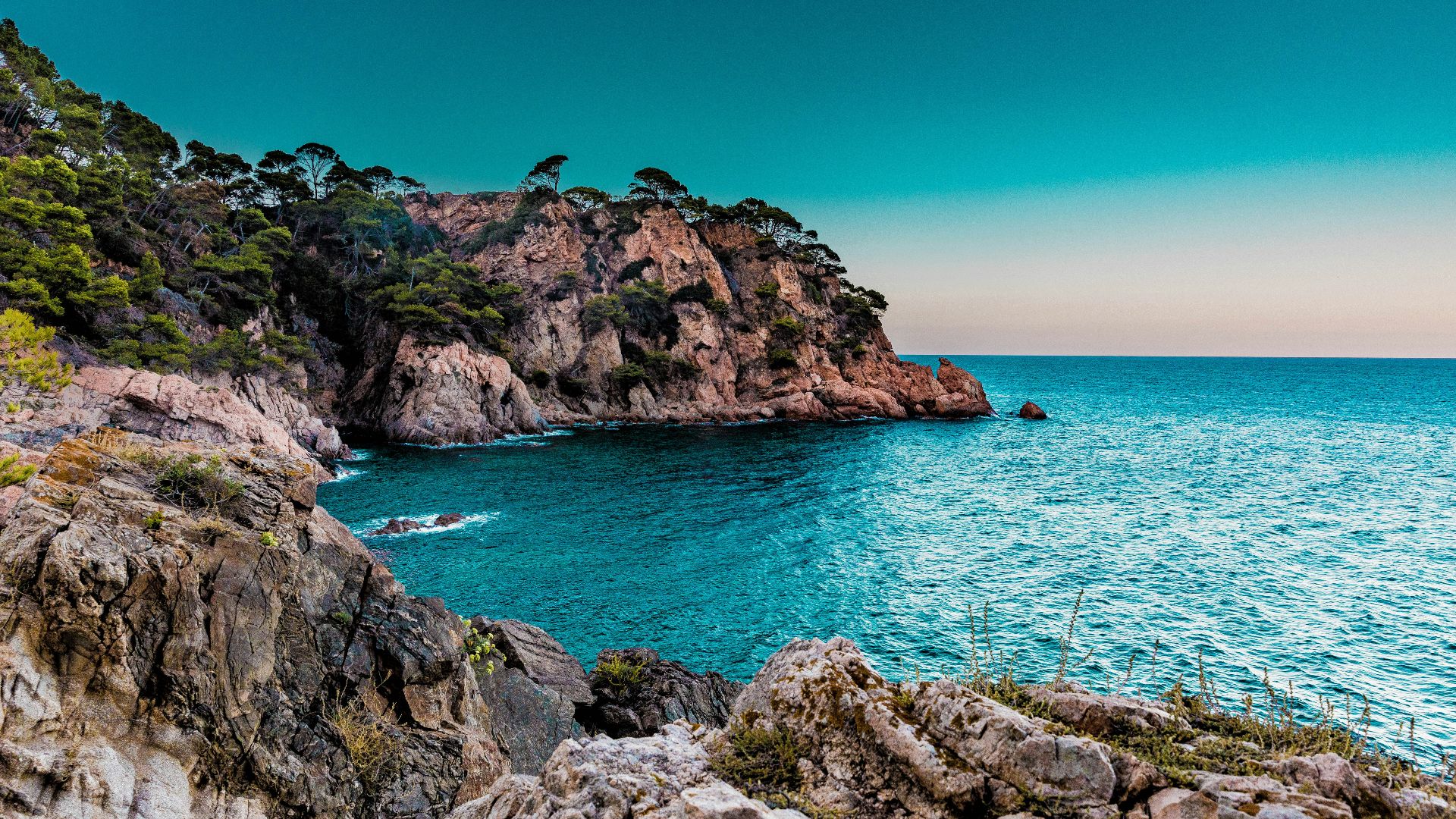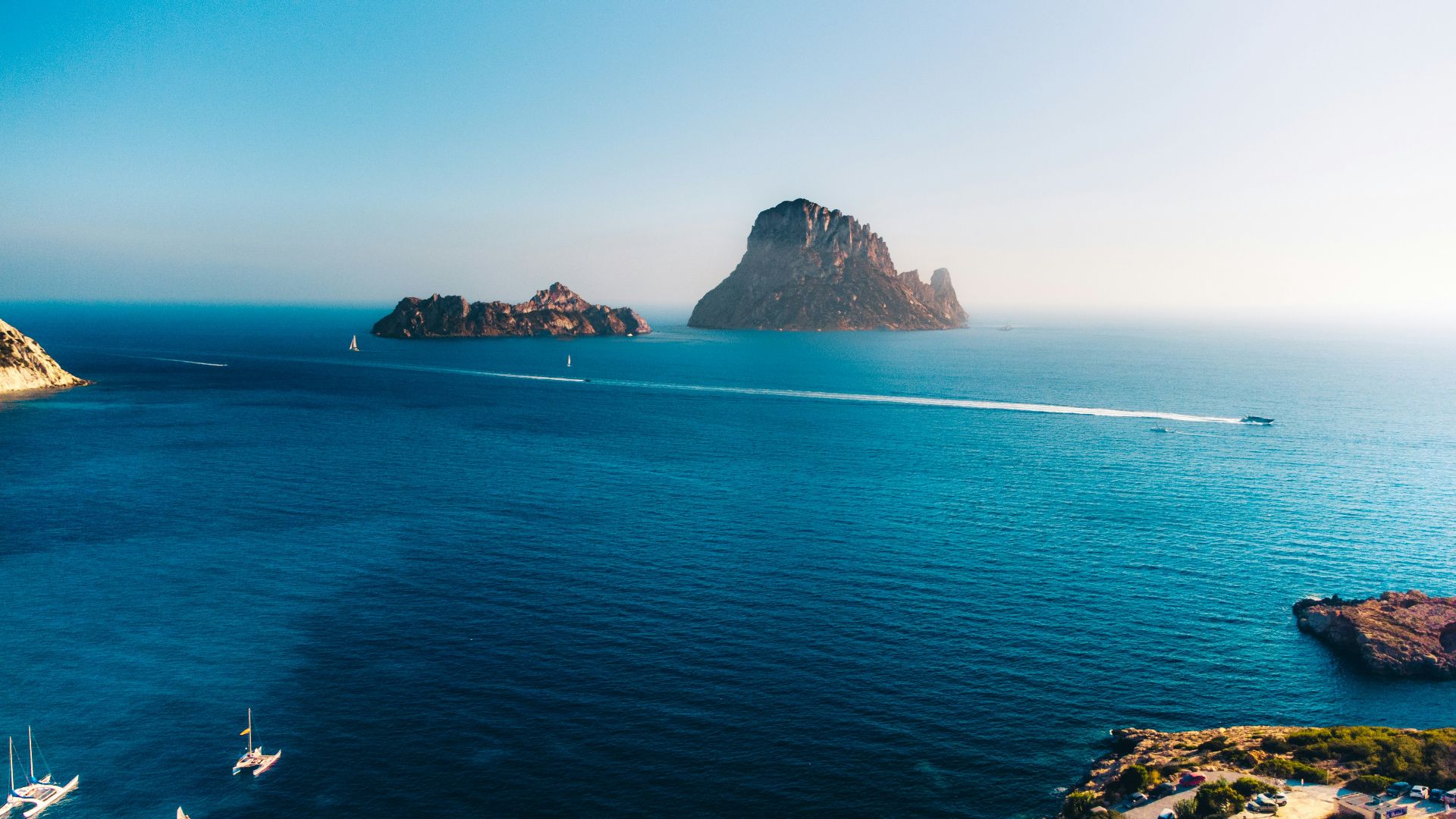Spain Has The Cleanest Beaches In The World. What Are They Doing That We're Not?
Spain Has The Cleanest Beaches In The World. What Are They Doing That We're Not?
When you think of Spain, what do you picture in your mind? Hot weather, beautiful architecture, and crystal-clear beaches with azure waves likely come to the forefront of your mind.
For the last thought, especially, you wouldn’t be wrong. Spain is widely considered top dog when it comes to clean and clear beaches—an award that has come with plenty of hard work, policy, and effective management of the country’s coastline, also known as the Blue Flag.
The Blue Flag is a non-profit company that began as a side project for France’s Foundation for Environmental Education.
What started as a small certification that worked alongside the EU’s Bathing Water Directive, the Blue Flag is widely considered the gold standard for sustainable coastlines today. Over 5,000 sites in more than 50 countries hold this certification today, with more joining every year.
The Nitty-Gritty
Basically, the Blue Flag certification means each beach, marina, or tourist vessel follows the company’s main 5 points: Education, Information, Monitoring, Management, and Safety.
- Education: Teaching the public to learn more about their surrounding environment in new and meaningful ways.
- Information: Having designated areas that folks can refer to for easy navigation, as well as small educational boards about the local flora and fauna.
- Monitoring: Regular check-ups of the area from internal and external teams to ensure the beach is keeping with the strict criteria of the program.
- Management: Allowing local organisations to enforce the criteria as a means to keep the cleanliness of the space in the hands of the municipalities, instead of the federal level.
- Safety: Owners or operators of these sites must pledge to keep staff, the public, and the environment safe at all times.
When a country can maintain these standards for their coastlines, then, and only then, can it receive a blue flag.
Spain Specifics
So, we know what the Blue Flag is, and why it's important. The question now becomes, how does Spain have nearly 650 of these designations?
In keeping with the strict guidelines put out by the non-profit, Spain has also done its own work to maintain their pristine coast. Regular cleanings done by local authorities take place daily, while many volunteer programs also host clean-up events. Regular monitoring of the water quality is also performed, with nearly 90% of all the country’s beaches maintaining an excellent quality.
Alongside the work achieved by local organisations and governments, it’s also clear that the people of Spain care just as much about keeping their coast as clean as possible.
It's clear these processes have worked, with municipalities like El Carregador, San Joan de Alicante, La Fossa de Calpe, Carrer la Mar de Campello, Saint Antoni de Cullera, and Bastiguerio de Oleiros having all continuously kept a blue flag since 198, nearly 40 years.
On a broader scale, Spain has held the title of leader in Blue Flags for the past 30 years, with 15% of all Blue Flag beaches worldwide located within the country.It's clear









